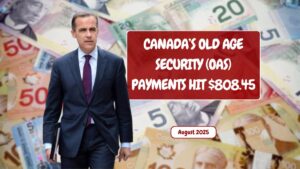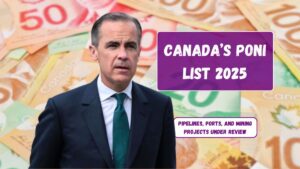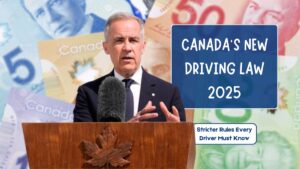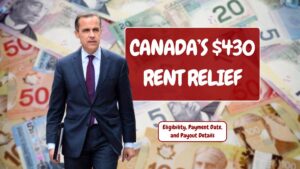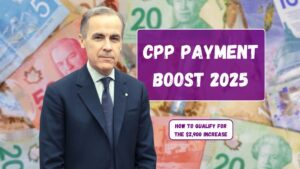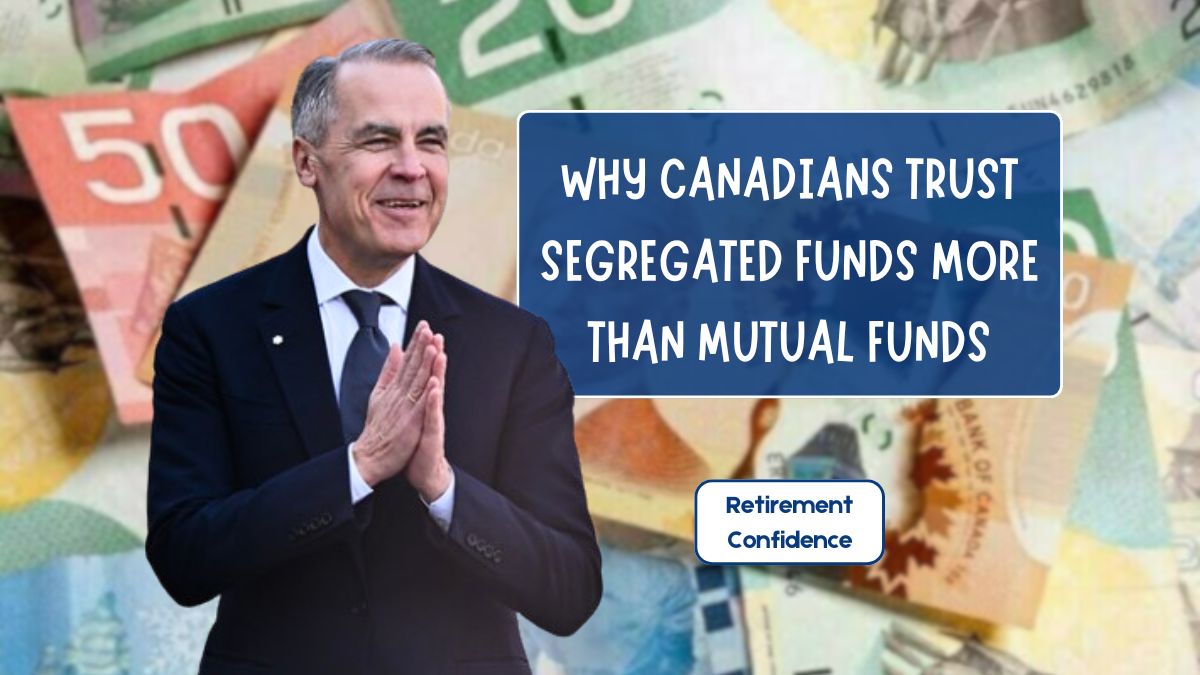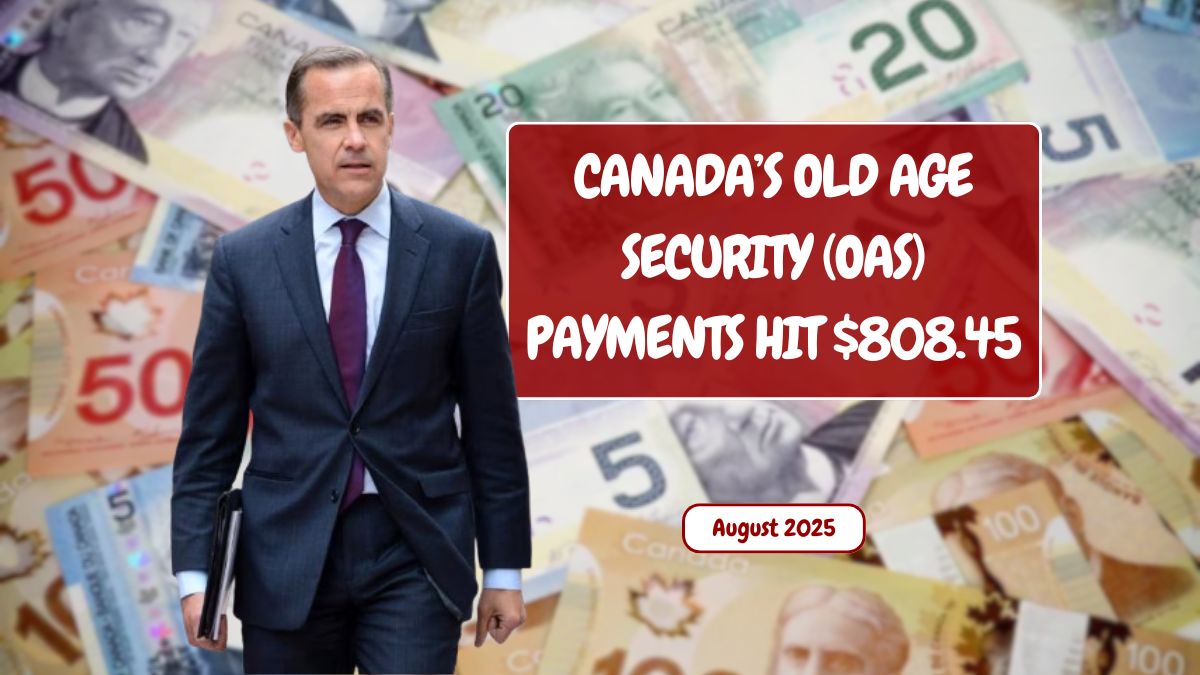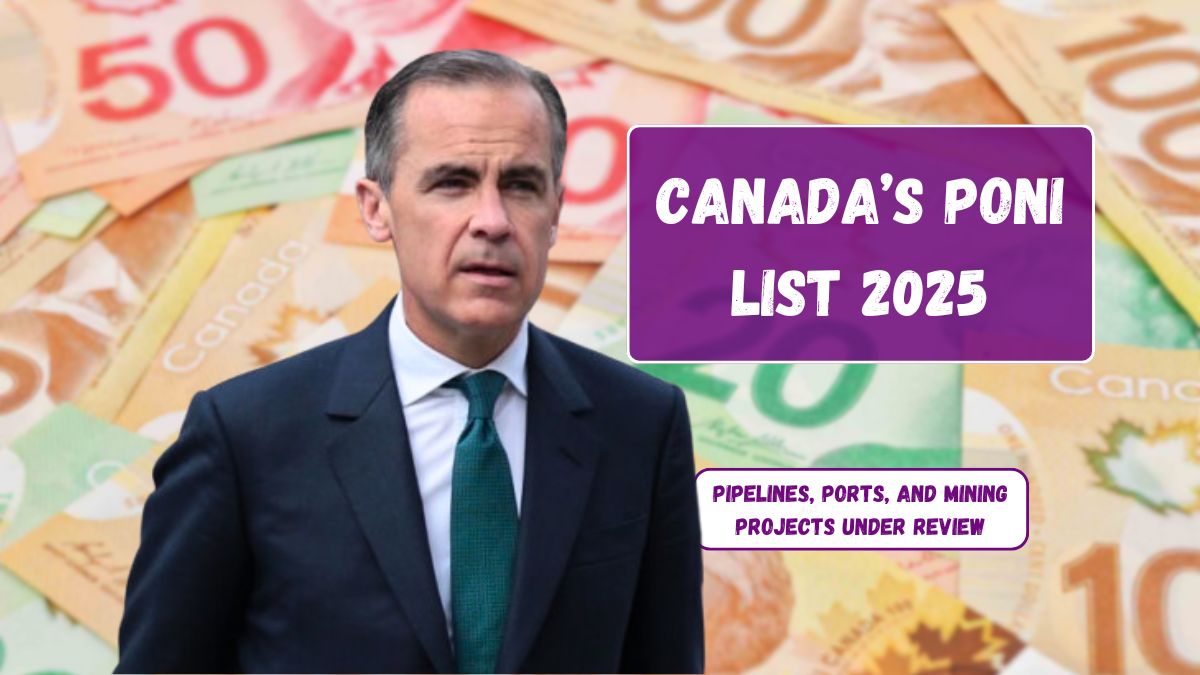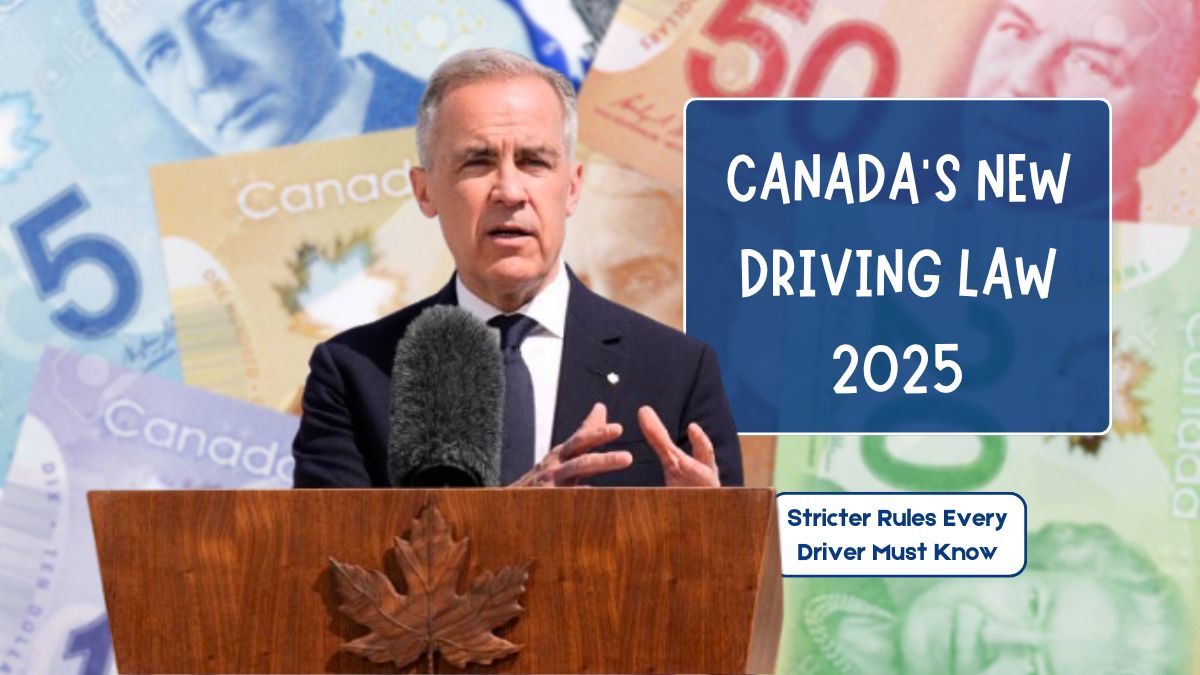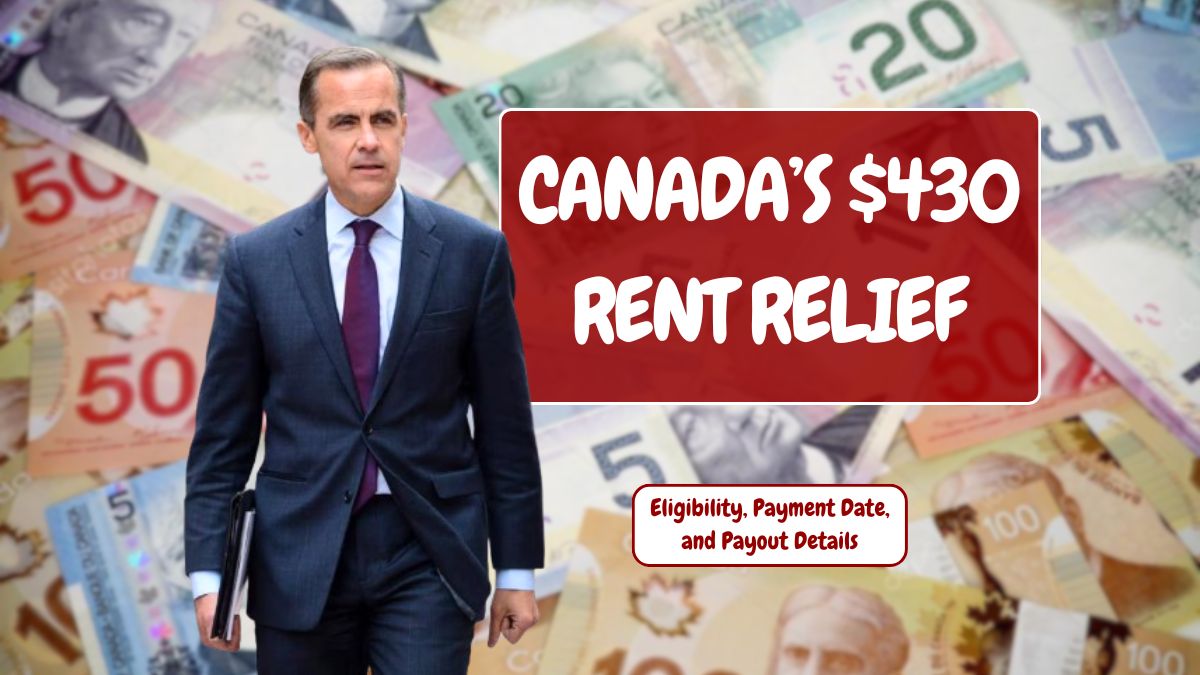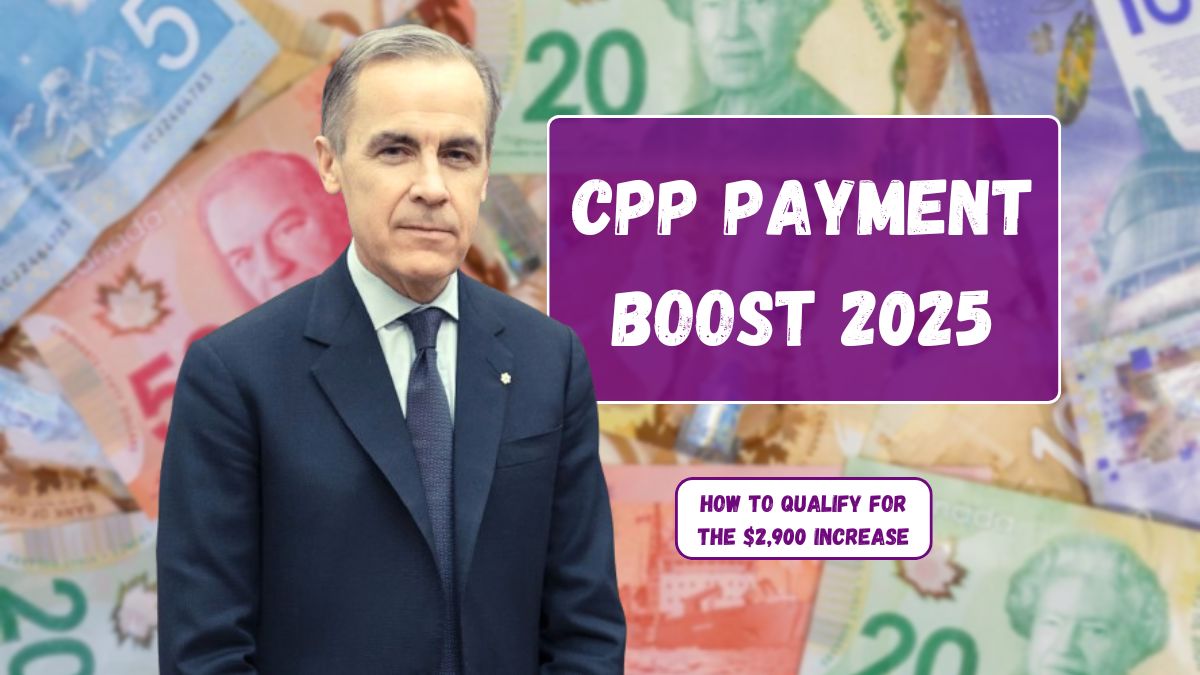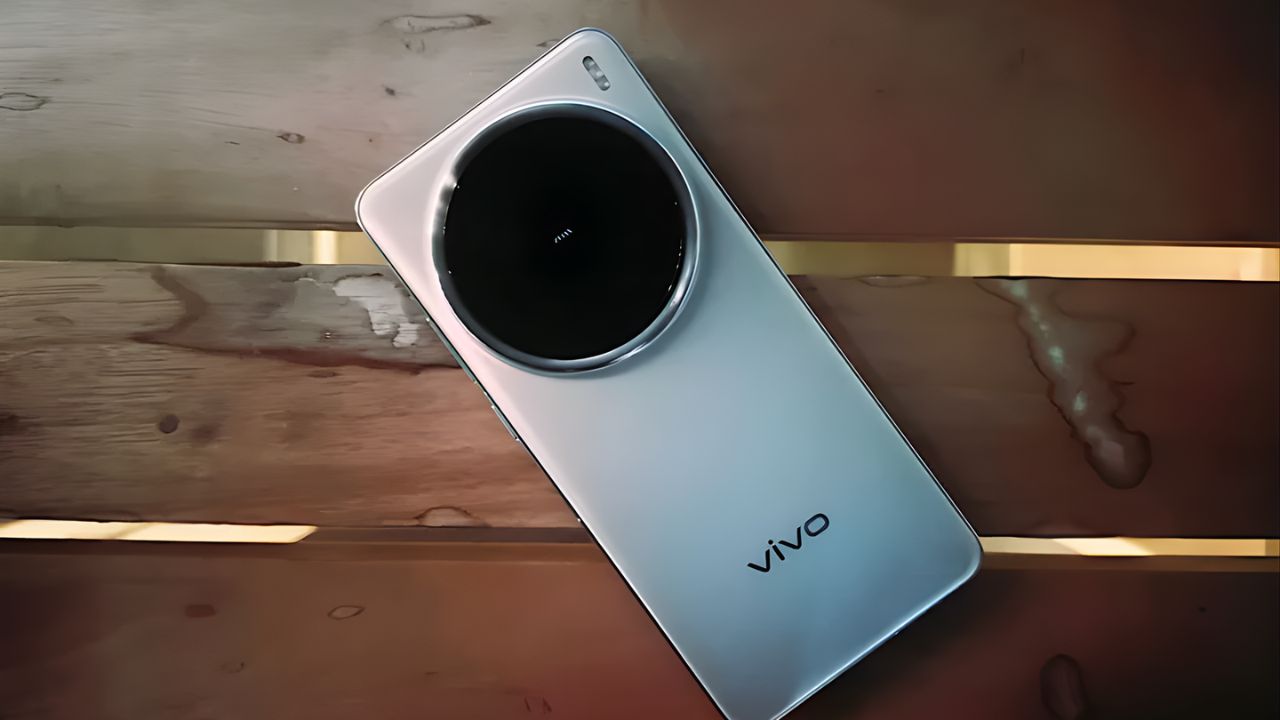If you’re like most Canadians, tax season can feel overwhelming—but the upside? A potential $1,000+ refund landing in your bank account as early as June 2025. Whether you’re a student, retiree, parent, or entrepreneur, knowing how the tax refund process works is the first step to maximizing your return. Let’s cut into how you can claim your money faster and smarter this year.
Refunds
A tax refund is basically the government giving you back what you overpaid. Throughout the year, your employer takes a chunk of your pay for taxes based on estimates. But when tax time rolls around, deductions and credits like RRSP contributions or tuition fees might mean you’ve paid too much—cue your refund.
Here’s a quick snapshot of what to expect:
| Detail | Info |
|---|---|
| Average Refund | $1,000+ for many Canadians |
| Filing Deadline | April 30, 2025 (June 16 if self-employed) |
| Refund Timeline | 2 weeks (online), 8 weeks (paper) |
| Best Filing Option | NETFILE (online) |
| CRA Refund Tracker | CRA My Account portal |
| Speed Tips | File early, use direct deposit, double-check info |
Reasons
So, why might you get money back?
It all comes down to overpayments or qualifying credits:
- Too much tax deducted from paychecks
- RRSP contributions reducing taxable income
- Credits like Canada Workers Benefit, GST/HST, tuition, or medical expenses
- Refundable credits paid out even if you don’t owe tax
Example:
Let’s say you made $42,000 last year and had $6,300 in taxes taken off. After calculating credits and deductions, your actual tax bill is only $5,000. That means you’ll get a $1,300 refund—straight to your bank if you’re on direct deposit.
Eligibility
Wondering if you qualify for a refund? If any of these apply, chances are good:
- You had income tax deducted from your paycheck
- You contributed to an RRSP or had other deductible expenses
- You qualify for non-refundable credits like the basic personal amount
- You qualify for refundable credits
- You’re self-employed with eligible business expenses
Just remember—no matter your income, you must file a return to get your refund.
Deadlines
Mark your calendar now. These are key:
- April 30, 2025: Regular filing deadline
- June 16, 2025: Deadline for self-employed and their spouses
- February 24, 2025: CRA’s NETFILE opens
Tip: Filing late can cost you penalties and delay your refund.
Process
Here’s how to boost your chances of a fast, $1,000+ refund:
Step 1
You’ll need:
- T4 slips (job income)
- T5 slips (investment income)
- RRSP contribution receipts
- Receipts for tuition, childcare, medical expenses
- Last year’s tax return for reference
Step 2
Options include:
- NETFILE: Fastest, online, CRA-approved software
- Paper Filing: Slower and more error-prone
- Tax Professional: Great for complex situations
Step 3
This is a game-changer. Register through CRA My Account or your bank—it’s safer and much faster.
Step 4
File early, then log into CRA My Account or call 1-800-959-1956 to check your status.
Timing
When will the money hit your account? That depends:
| Filing Method | Refund Arrival Time |
|---|---|
| Online (NETFILE) | ~2 weeks |
| Paper Return | ~8 weeks |
| With Errors/Review | 3+ months |
Want to avoid delays? Double-check everything, file early, and sign up for direct deposit.
Delays
Some things that might hold up your refund include:
- Wrong SIN or missing info
- CRA reviewing your return
- You owe other government debts (e.g., student loans)
- You didn’t update your address with CRA
Tax season doesn’t have to be a headache—especially when there’s over $1,000 waiting for you. The key is preparation: gather your documents, file early, and make use of CRA tools. Don’t leave your money on the table this year—follow the steps and watch your refund roll in by June 2025.
FAQs
Who gets a tax refund in Canada?
Anyone who overpaid taxes or qualifies for credits.
When does NETFILE open in 2025?
It opens on February 24, 2025.
What’s the fastest way to get my refund?
File online and sign up for direct deposit.
How long do paper refunds take?
Up to 8 weeks, sometimes longer.
Can I get a refund with low income?
Yes, refundable credits apply even if you owe nothing.




